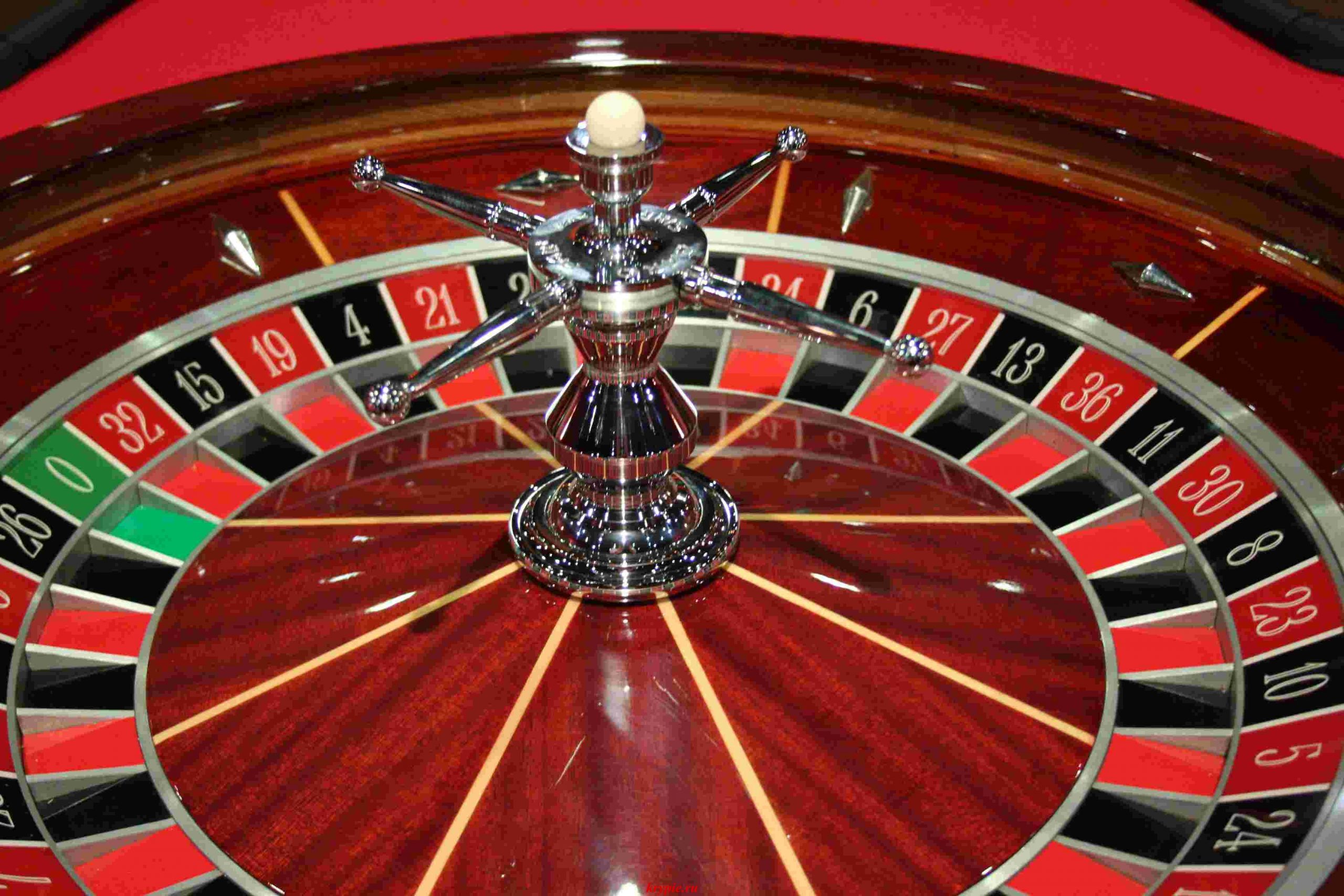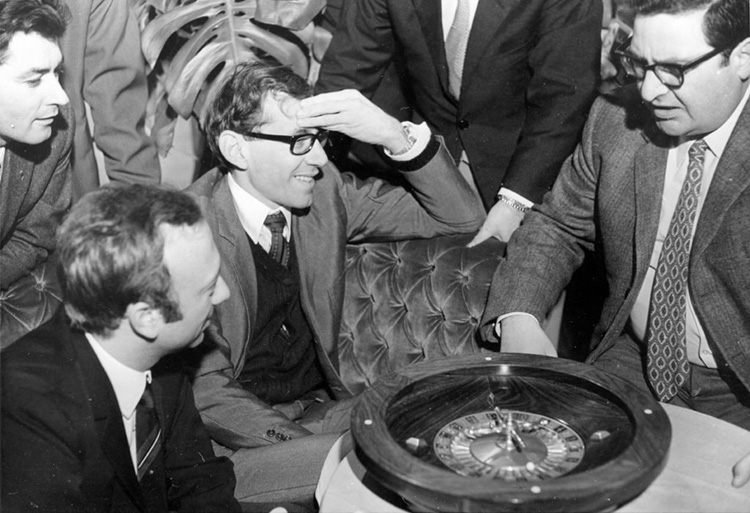
The professor who beat the roulette wheel
Richard Jarecki is an unassuming professor who managed to beat a machine, which had long been measured by the degree of luck of its user. Roulette became part of the raison d’être of the Jewish doctor, and not just for the winnings. Richard’s aim was to beat the machine.
Richard Jarecki: a brief biography
Born in 1931 in Stettin, Germany, Jarecki had to face immediate hardship. The economic crisis had hit the country hard, the Nazis were gaining strength, imposing the view that the Jews were to blame for all the troubles. The son of a dermatologist and the heiress of a large transport company, the Jewish boy had an impressive mindset from an early age.
In 1938 the family was forced to flee the country to the United States, having previously lost everything they had managed to earn. Settling in a new place in New Jersey, Richard discovered a taste for card games. A mathematical mindset allowed him to achieve extraordinary success.
Passion for roulette
In 1960, the man developed a passion for roulette. In essence, the game is extremely simple: a small ball rolls around a multi-coloured wheel with numbers scattered all over it. Those involved place their bets on which number gets into which hole in the wheel. Roulette is considered a game of chance – to be lucky or unlucky. But Jarecki was convinced otherwise.
Observing the process almost every day, as well as the preparatory procedures in the casino, Richard noted a number of things. The cards and dice were exchanged for new ones, while the roulette wheels were not touched. Many of them had been in use for years. As this progressed, there was wear and tear on the machine. Chips, scuffs etc. were forming on the machines.
The professor noted for himself that such defects affect which numbers will be issued more often and which less often. So “a matter of chance” is discarded and the system that Richard wanted to define is enabled. As the man observed, calculated and identified patterns, he increasingly noted the mechanism of action of a particular machine.

First victories over the machine
Having gathered enough useful material, Jarecki arrived at the casino with $100 that he had once set aside for a “rainy day”. Despite the lack of 100% certainty that the “element of chance” was excluded, Richard took a chance and managed to win $5,000 in a few hours. Gradually the professor was convinced that his judgments about the system’s efficiency were correct. He ended up betting more heavily and winning more money.
Returning to Germany in the 60s and taking a job at the University of Heidelberg, the man decided to conquer the local casinos. Using his skills and knowledge of how roulette functioned, he racked up big winnings every time he sat down to play. He said that European roulette offers more chances to win than American roulette because it has 37 numbered cells instead of 38. The house’s advantage over the player falls to 2.7% (the US figure is 5.226%).
Jarecki: Roulette successes
Between 1964 and 1969. Jarecki “emptied” the casino for a total of $1.25 million. Somewhere he acted alone, and somewhere he had assistants. They were tasked with monitoring the roulette machines for long periods of time to identify patterns, flaws and the like.
Casino owners literally hated Richard and wished he had never been there again. Some establishments found themselves in debt because of such a professional player. Jarecki’s last games were in Manila, where he lived until his death. Richard left this world in 2018. He was 87 years old.
